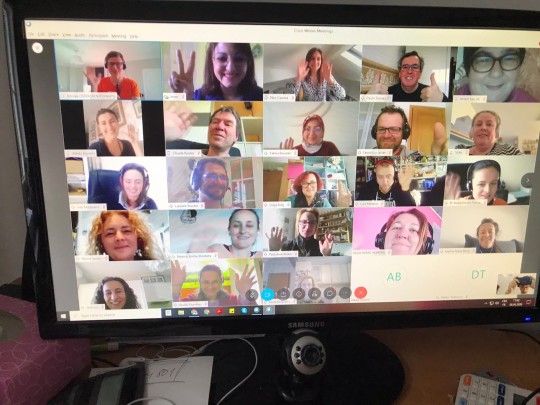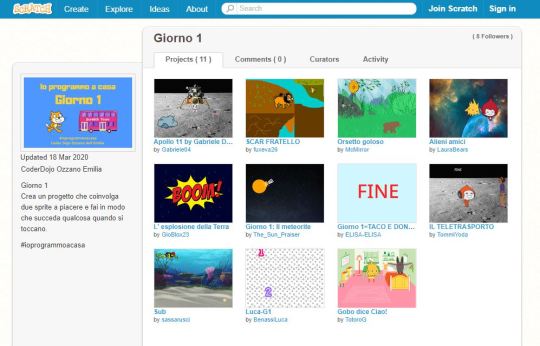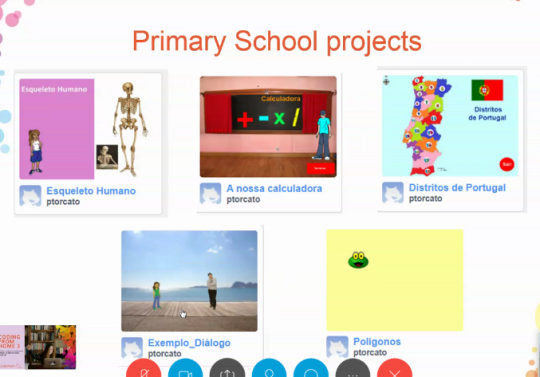Coding from home 3
10/04/20
Remote robotics, a 21-day coding challenge and computer science education in Croatia on the agenda of the webinar
Around 50 participants from Belgium, Croatia, Estonia, Greece, Italy, Luxembourg, North Macedonia, Albania, Portugal, Sweden and Tunisia took part in the 3rd Coding from Home webinar on 6 April 2020.
Lidija Kralj, Assistant Minister for Strategy & General Education from Croatia presented remote computer science lessons. Maura Sandri, a Leading Teacher from Italy, Paulo Torcato, a Leading teacher from Portugal and Imen Taktak, a Code Week Ambassador from Tunisia shared robotics and coding activities for remote learning they have developed.

Lidija Kralj described how remote learning was organised following the COVID-19 lockdown of schools in Croatia. In the past two years, all schools and teachers have been equipped with computers and tablets, which made the roll-out of remote teaching rather smooth. After the lockdown, virtual classrooms were established for all principals, teachers and their students. The ministry has also established channels for teachers, parents and students to use.
Maura Sandri presented a 21-day coding challenge that she created to get kids, parents and educators to start coding, explore computational thinking and have fun. The coding challenges were uploaded online every morning at 10 o’clock and every evening Maura and her team checked and commented on the programmes that had been submitted. Maura has also developed an astro-documentary activity in Scratch that will soon be translated into English.

Paulo Torcato presented Scratch and basic school robotics remote lessons that he has created for children and parents. He also showed examples were he had combined robotics and science classes. He underlined that his coding classes always are combined with other subjects such as Portuguese, maths, science and English.

Imen Taktak, Code Week ambassador in Tunisia – presented three different remote activities for schools. The first was focused on “Netiquette” or Cyberethics. The second activity was about robotics where the students described a micro: bit card its components and utilities and then coded a traffic light remotely. The third activity focused on climate change where students used
micro: bits to create simple weather stations. The full presentation is available online.


